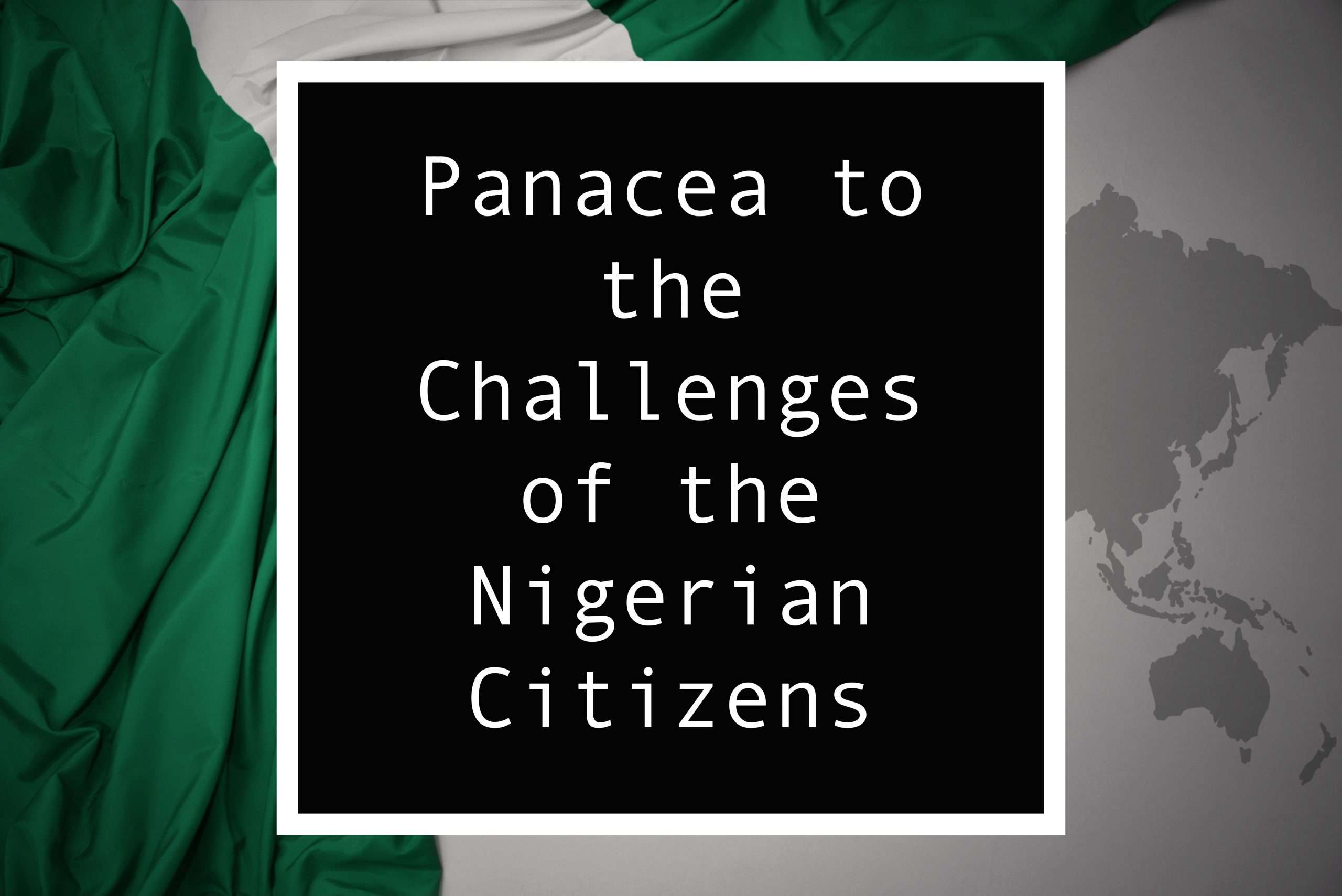The intellectual world of any nation determines its progress in every aspect, including social challenges. Intellectual knowledge cuts across self-awareness, communal awareness, reverence for others, respect and dignity for a people with different perspective to living. This is the major issue confronting the Nigerian nation. However, social science attributes the problem to different causes, such as structure of the government, economy, sociology of interrelation, insecurity amongst the heterogeneous population, and others. So what are the causes and solutions of the social challenges of Nigeria?
Education and Social Challenges of Nigeria
Education is vital and must be applied to the social challenges of Nigeria. Now, discussing education, or the lack of it, as a catalyst for Nigeria’s downward trend is delicate. How is education a solution when the process of getting it is a problem? How do we solve the impasse? How do we become refined people when the nation’s economy stiffens the access to a tertiary institution?
Social Challenges of Nigeria and the Private Sector
The solution I can propose is if the public sector cannot fund the academic, there should be a kind of private-sector setting that administers scholarships to students.
This scholarship should be a pre-scholarship response team. The recipients of the private-sector-led incentive would be engaged in a six-month fellowship-style lecture that prepares them for western school scholarships. These recipients will come back to the country to be sponsored by the same association to become state administrators, commissioners, and other high paying professionals.
Of course, these recipients will choose different courses. Most importantly, there must be psychologists and intellectuals who have mastered the scopes of teaching the typical child. These people, who are psychologists, will personally oversee the employment of teachers, to also ensure these teachers are not mere legalized terrorists, but psychologists who know the child, the student, and help to improve the student efficiently.
Support from African Community
In addition, if this method is encouraged, Nigeria can get support from other African countries, and African-led organizations abroad. This may lead to a commision of sorts that will allow the flow of resources and knowledge between nations. A solution that will assist in the social challenges of Nigeria, but may also assist in incidents of brain drain in nations across the continent. But for every solution we propose, we must also consider the confrontations.
Preparing for the Potential of Corruption
These private-led settings are delicate, and if one part is corrupted, the whole idea burns off. Then how do we deter corruption from the setting? Precisely, corruption cannot be deterred, it can only be controlled. To realize this is to know peace in part.
A panel of twenty members must be set up. Five members must be Europeans who are volunteers, who have no ties whatsoever with the people in charge, who have never been guilty of any state crime in their country or the diaspora. Five people must be from Africa-led organizations in diaspora (it could be tech companies, rubber industries, etc). Five people must be chosen from Arts Foundation across the African continent. Five people should be from Nigeria, from top respectable institutions.
Of course the meetings of this twenty-person panel will be held online, and they may meet twice in a year.
Conclusions
Nigeria like many countries across Africa face social challenges. Often, the solution can revolve around the concept of brain drain, where educated people leave their home countries for better opportunities abroad. One solution may include putting together a commitee that includes local professionals and social scientists.
This committee can play a central role in bringing educated Nigerians home to serve in their local communities. The committee would also be central in scrutinizing the intentions of private companies who choose to be top donors to the cause. This is one out of many ways we can repair the social challenges of Nigeria.






